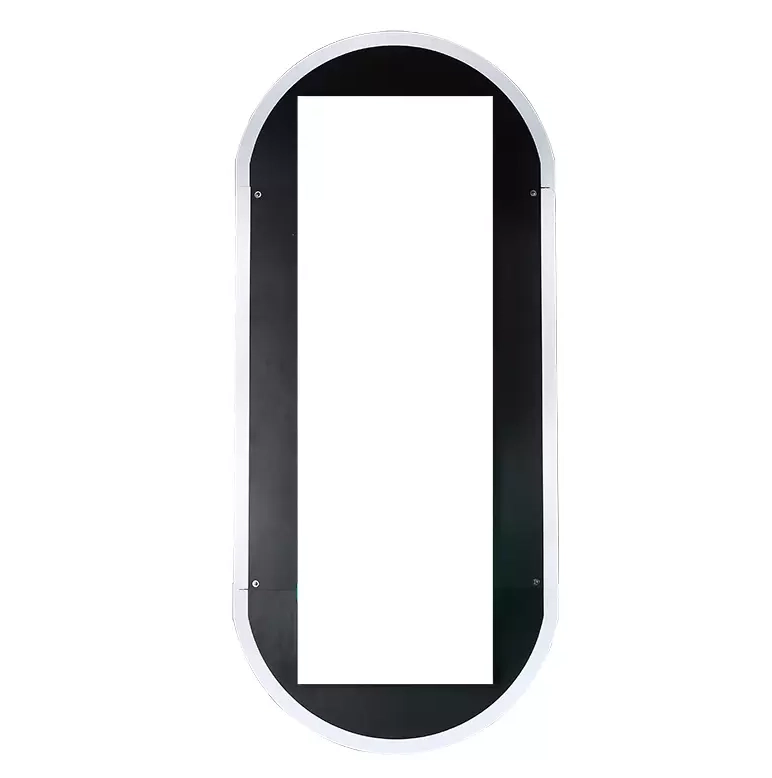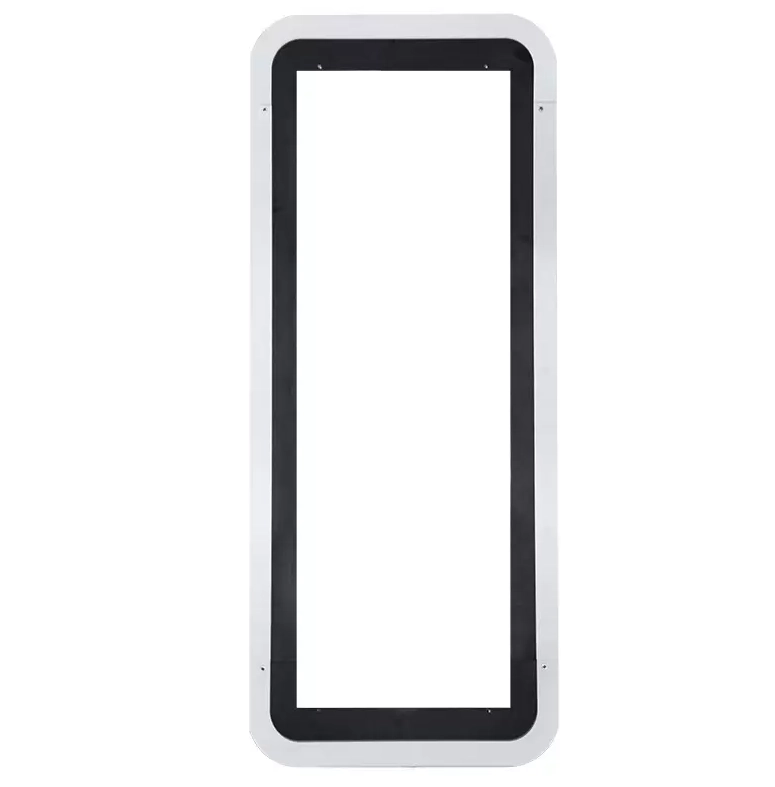Home > News > Industry News > Traffic Light Decorative Panel Solutions That Withstand Extreme Urban Weather Conditions
Traffic Light Decorative Panel Solutions That Withstand Extreme Urban Weather Conditions
Introduction: The Role of Decorative Panels in Urban Traffic Safety
In modern smart cities, traffic lights are more than functional devices—they are critical safety infrastructure. The decorative panels surrounding these traffic lights play an essential role in enhancing visibility, improving driver awareness, and protecting internal components from environmental stressors.
Yangzhou FAMA Intelligent Equipment Co., Ltd. (FAMA Traffic), a leading provider of integrated intelligent transportation solutions, has developed decorative panel solutions engineered to withstand extreme urban weather conditions. These panels improve intersection safety, extend the service life of traffic signals, and reduce maintenance costs.
1. High-Visibility Panel Design for Enhanced Safety
A primary function of traffic light decorative panels is to ensure maximum visibility, allowing drivers and pedestrians to recognize signal status quickly, even in challenging environments.
Key design features include:
High-Contrast Color Scheme: Panels use bright, contrasting colors to distinguish the signal head from its surroundings, improving visibility in daylight, nighttime, and adverse weather.
Optimized Panel Geometry: Angled and contoured panels reduce glare and reflections, ensuring signals are clearly visible from multiple lanes and distances.
Visual Differentiation: Panels create a distinct silhouette for the traffic light unit, allowing faster recognition by road users, especially in congested urban areas.
Benefit: Reduced intersection accidents, improved compliance with traffic rules, and safer urban roadways.

2. Material Selection for Extreme Weather Resistance
Urban traffic environments expose signal systems to temperature extremes, precipitation, UV radiation, pollution, and accidental impacts. FAMA Traffic decorative panels are designed to resist these challenges.
Material innovations include:
High-Quality Aluminum Alloy: Lightweight yet strong, aluminum alloy resists deformation and structural fatigue from external forces.
Impact-Resistant Construction: Panels withstand hail, windborne debris, and minor collisions without compromising signal function.
Corrosion-Resistant Coatings: Advanced powder coating technology prevents oxidation and rust, especially in coastal or industrial areas.
Outcome: Panels maintain structural integrity and appearance over years of exposure, reducing replacement frequency and operational costs.
3. Surface Treatment and Coating Technologies
The durability of traffic light panels depends not only on the base material but also on the surface treatment and coating technology. FAMA Traffic employs multiple methods to ensure panel longevity.
Powder Coating: Provides a uniform, hard layer resistant to UV, rain, salt, and air pollutants.
Anti-Fading Finish: Color retention technology keeps panels vivid and reflective, ensuring visibility even after long-term exposure.
Scratch and Abrasion Resistance: Reinforced coatings protect against mechanical wear during installation, maintenance, or accidental contact.
Benefit: Minimizes maintenance cycles while sustaining aesthetic and functional quality.
4. Panel Structural Features for Extended Service Life
Beyond materials and coatings, panel structural design is essential to withstand harsh urban conditions.
Structural considerations include:
Reinforced Edges and Mounting Points: Resist bending or cracking during high wind events or collisions.
Modular Panel Components: Facilitate easy replacement of individual sections without dismantling the entire traffic light.
Seamless Integration with Signal Head: Protect internal circuitry, LED modules, and controllers from dust, moisture, and temperature fluctuations.
Result: Extended operational life for the entire traffic light unit, reducing citywide maintenance costs.
5. Enhancing Urban Traffic Management through Smart Panel Integration
Decorative panels are no longer just physical barriers—they are integrated with smart city traffic management solutions.
Innovative features include:
Reflective Elements: Enhance visibility under low-light or fog conditions, improving compliance with traffic signals.
Customizable Panel Colors and Branding: Enable city-specific design for aesthetic integration without compromising safety.
IoT-Ready Design: Some panels accommodate sensors, cameras, or communication modules, supporting adaptive traffic control and real-time monitoring.
Impact: Panels not only protect hardware but also enhance the functionality of smart traffic systems.
6. Maintenance Strategies for Long-Term Panel Performance
Even the most robust panels require periodic maintenance to maximize lifespan and functionality.
Recommended practices:
1. Scheduled Cleaning: Remove dust, grime, and pollutants to maintain reflective and high-contrast properties.
2. Inspections after Extreme Weather: Check for dents, coating damage, or corrosion following storms, hail, or strong winds.
3. Minor Repairs: Address scratches or coating chips promptly to prevent further degradation.
4. Replacement of Modular Sections: Replace only damaged panel sections, reducing downtime and costs.
Outcome: Consistent visibility, prolonged service life, and reduced total cost of ownership.

7. FAQ (Frequently Asked Questions)
Q1: What materials are best for traffic light panels in harsh urban environments?
A1: Aluminum alloy with powder-coated surfaces is preferred for strength, corrosion resistance, and longevity.
Q2: How do decorative panels improve traffic safety?
A2: High-contrast, reflective designs increase signal visibility, allowing drivers and pedestrians to identify signals quickly, reducing accidents.
Q3: Can panels be retrofitted onto existing traffic lights?
A3: Yes, modular and customizable panels can be installed on both legacy and modern signal units.
Q4: How often should traffic light panels be inspected?
A4: Recommended monthly inspections, with additional checks after extreme weather events.
Q5: Do FAMA Traffic panels support smart city technologies?
A5: Yes, panels can integrate sensors and communication modules for adaptive traffic management and monitoring.
Conclusion
Urban traffic lights are critical for intersection safety, traffic flow, and city aesthetics. FAMA Traffic’s decorative panel solutions provide:
Enhanced visibility for improved road safety
Durable materials and coatings to withstand extreme weather
Structural integrity for extended operational life
Smart integration capabilities for IoT-enabled traffic management
By implementing these robust, high-performance panels, smart cities can achieve safer intersections, reduced maintenance costs, and improved long-term reliability. FAMA Traffic’s experience and advanced design ensure that traffic light units maintain peak performance, even in the most demanding urban conditions.
